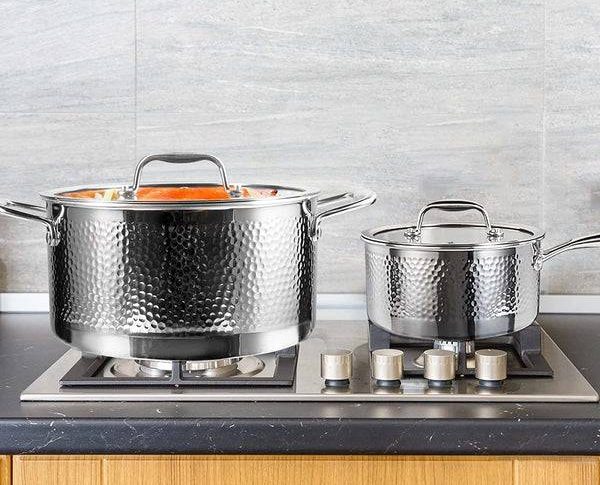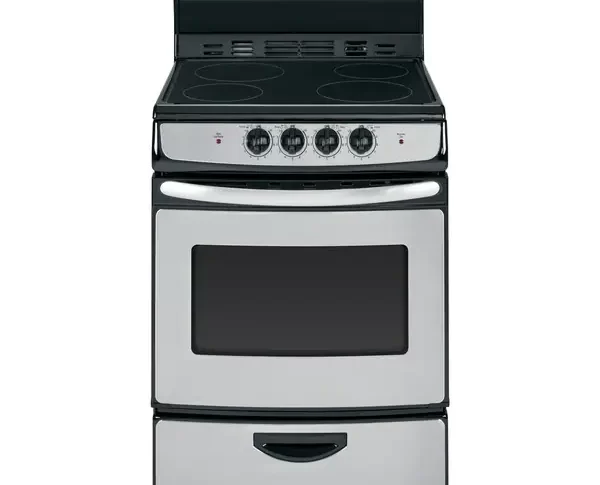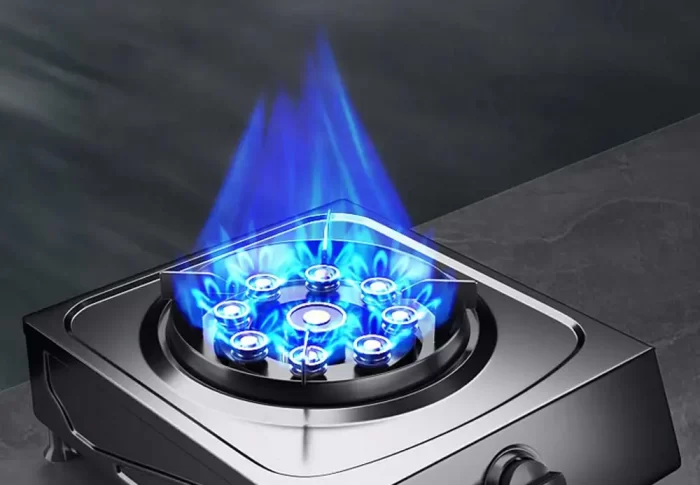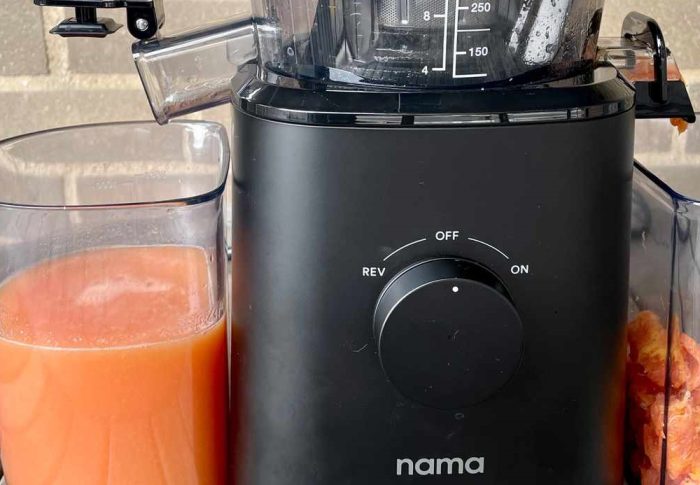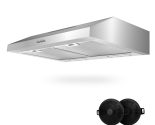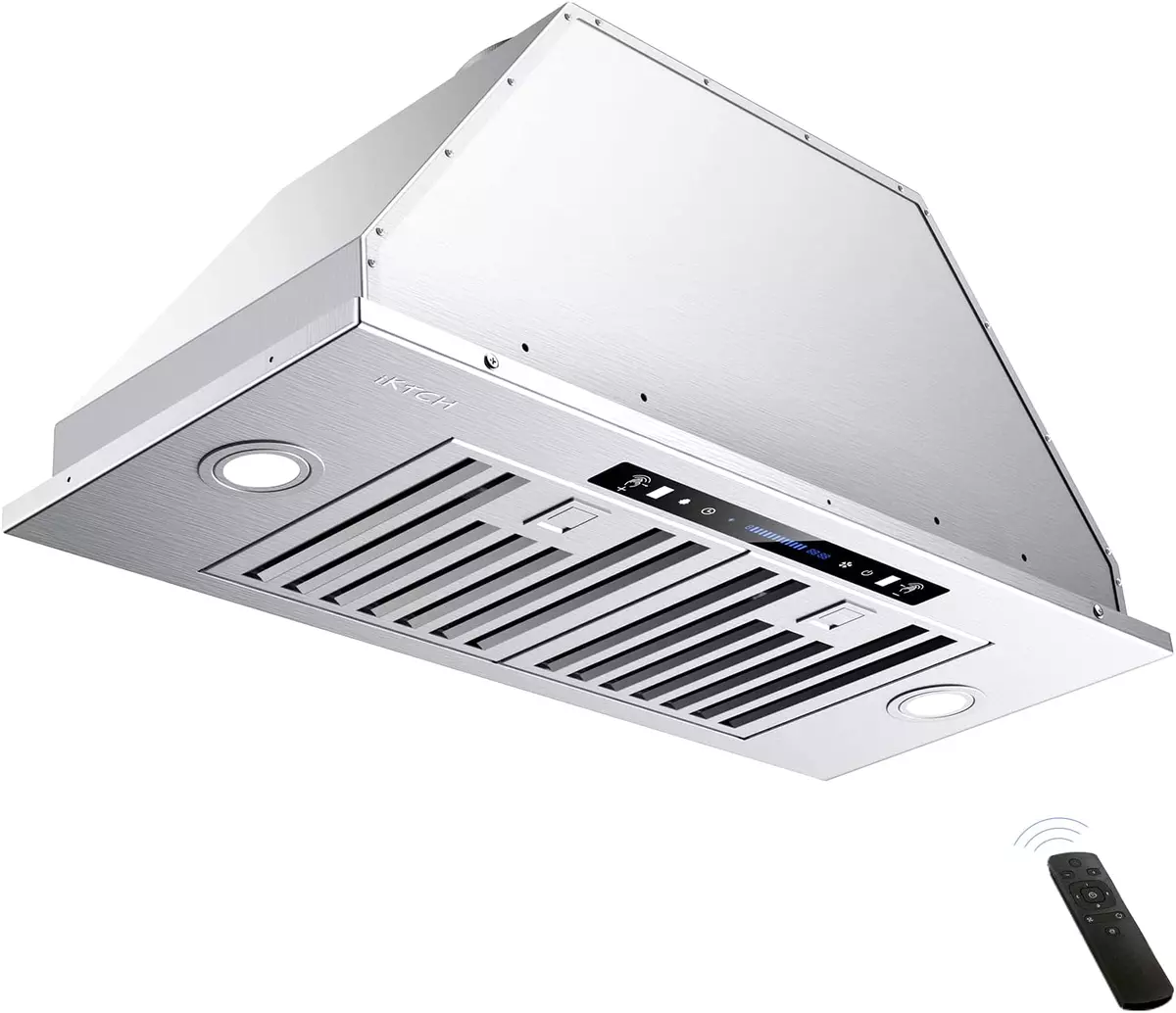
Is a Range Hood Necessary? A Comprehensive Guide
Introduction:
Understanding the Importance of a Range Hood
A range hood plays a vital role in maintaining a clean and healthy kitchen environment. It provides ventilation and removes pollutants, odors, and excess heat generated during cooking. In this comprehensive guide, we will explore the reasons why a range hood is necessary for your kitchen. By understanding the benefits and functionality of a range hood, you can make an informed decision about incorporating this essential appliance into your cooking space.
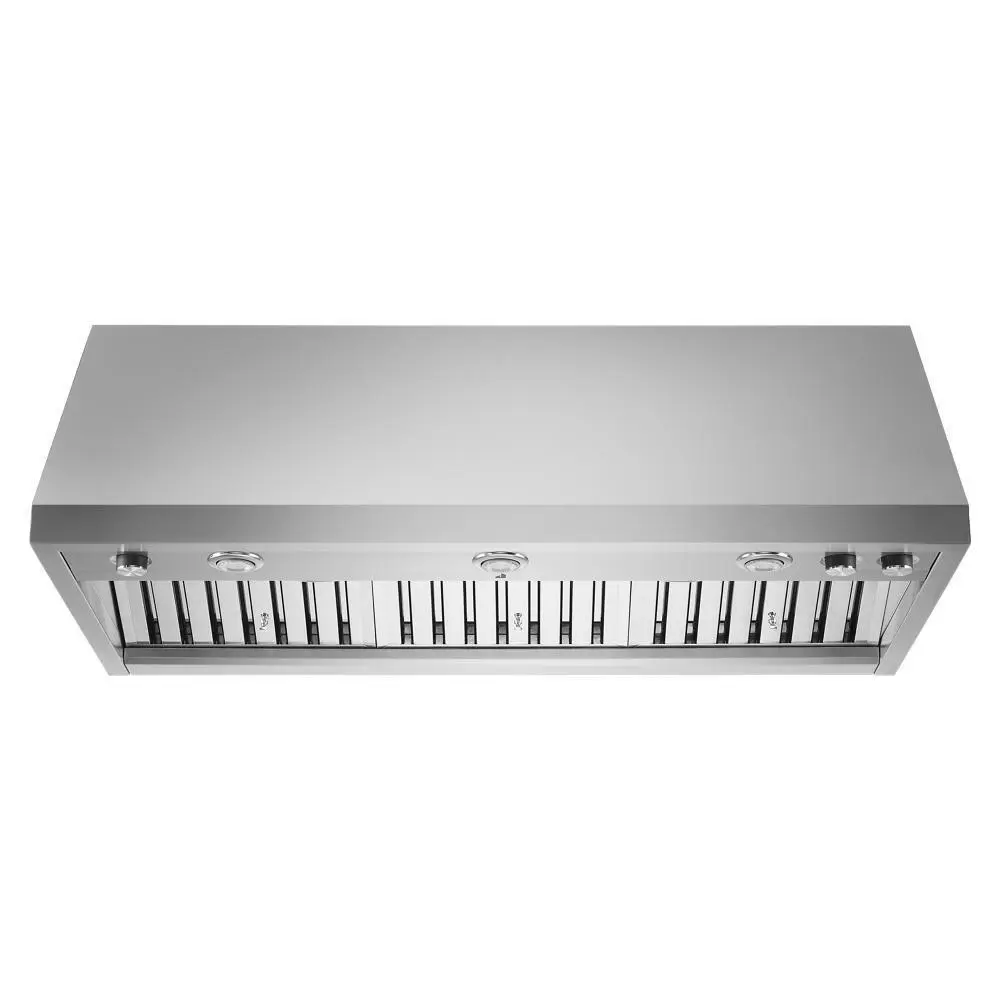
Is a Range Hood Necessary? A Comprehensive Guide
-
Improving Indoor Air Quality
a. Removing cooking byproducts: Cooking releases various byproducts, including smoke, grease particles, steam, and cooking odors. A range hood effectively captures and expels these pollutants, preventing them from circulating and reducing their impact on indoor air quality.
b. Health benefits: A range hood aids in preventing the inhalation of harmful fumes and pollutants, which can cause respiratory issues and aggravate existing conditions such as allergies or asthma. It helps maintain a healthy and comfortable environment for both you and your family.
-
Enhancing Kitchen Efficiency
a. Heat and smoke extraction: A range hood efficiently removes excess heat and smoke generated during cooking, minimizing discomfort and maximizing cooking efficiency. It helps keep the kitchen area cooler and improves ventilation, making cooking more enjoyable.
b. Improved visibility: The removal of smoke and steam by a range hood ensures better visibility during cooking, creating a safer and more productive cooking environment. This is particularly important when using high-heat cooking methods or frying foods that generate significant amounts of smoke.
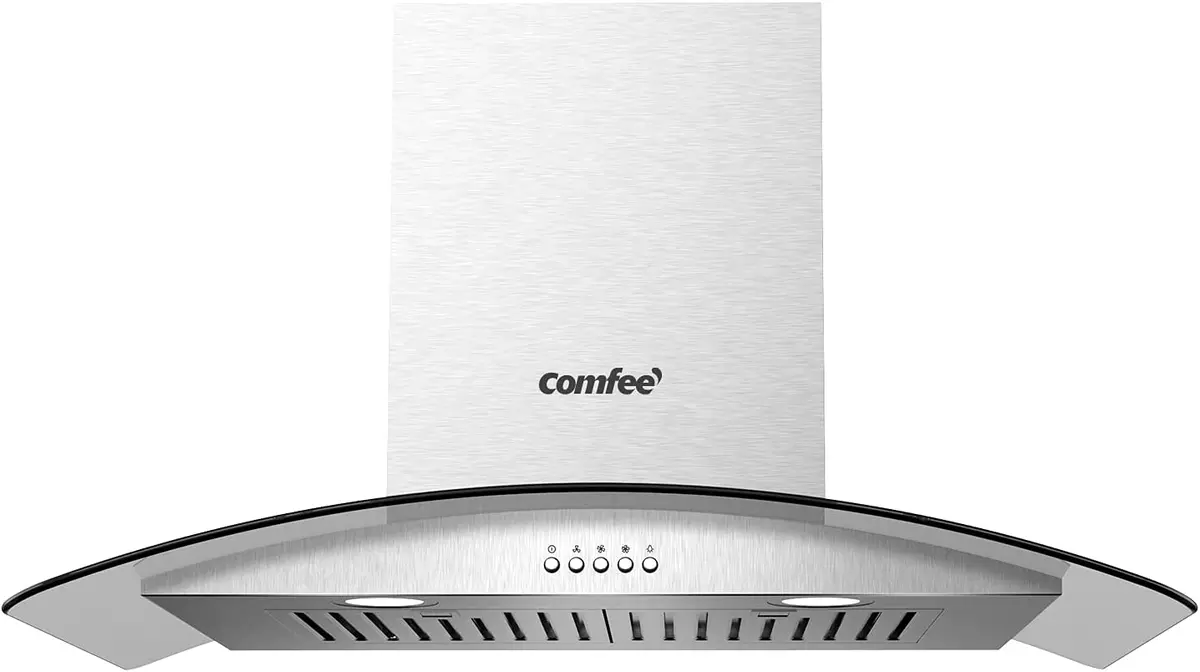
-
Reducing Grease Build-Up
a. Preventing grease accumulation: A range hood helps control the accumulation of greasy residue on kitchen surfaces, including walls, cabinets, and countertops. By capturing airborne grease particles, it reduces the frequency and effort required for cleaning, keeping your kitchen tidy and reducing fire risks.
b. Protecting kitchen fixtures: Grease build-up, if left unchecked, can damage kitchen fixtures, such as cabinets and walls, due to its corrosive nature. A range hood acts as a safeguard, preventing grease from settling on these surfaces and prolonging their lifespan.
-
Removing Cooking Odors
a. Odor elimination: Cooking odors, whether from frying, roasting, or other cooking techniques, can linger in the kitchen for an extended period. A range hood effectively removes these odors, ensuring a fresh-smelling kitchen and preventing them from permeating other areas of your home.
b. Maintaining a pleasant environment: A range hood contributes to a pleasant and inviting kitchen atmosphere by eliminating strong, lingering cooking odors. This is particularly beneficial when preparing aromatic dishes or hosting guests where odors can be a potential source of discomfort.
-
Customizable Options to Suit Your Kitchen
a. Style and design options: Range hoods are available in a wide range of styles, sizes, and finishes, allowing you to choose one that complements your kitchen decor and personal taste. Whether it’s a sleek and modern stainless-steel design or a classic and traditional style, there is a range hood to fit every kitchen aesthetic.
b. Variations in installation: Range hoods come in different installation options, including wall-mounted, under-cabinet, and island hoods, ensuring compatibility with various kitchen layouts. You have the flexibility to select the installation method that best suits your kitchen configuration and preferences.
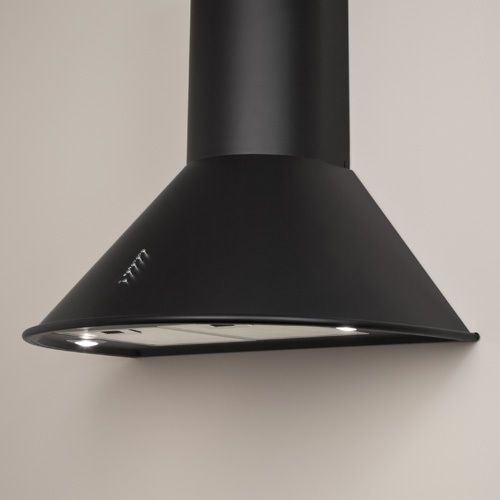
-
Noise Level Considerations
a. Advancements in technology: With advancements in technology, many range hoods are now designed to operate quietly without compromising on performance. Look for models with noise-reduction features, such as sound insulation or low-noise motors, for a more peaceful cooking experience.
b. Fan speed control: Range hoods often include adjustable fan speed settings, allowing you to choose a quieter operation when necessary. This feature provides flexibility in balancing noise reduction with ventilation needs, ensuring a comfortable cooking environment.
-
Compliance with Building Codes and Regulations
a. Building code requirements: Many building codes and regulations require the installation of a range hood in kitchens, especially in commercial settings or when remodeling or constructing new homes. It is important to check with local authorities to ensure compliance with these guidelines.
b. Fire safety standards: Range hoods play a crucial role in fire safety by removing smoke, grease particles, and airborne pollutants that can potentially ignite and escalate a fire. Having a range hood installed helps meet fire safety standards and reduces the risk of kitchen fires.
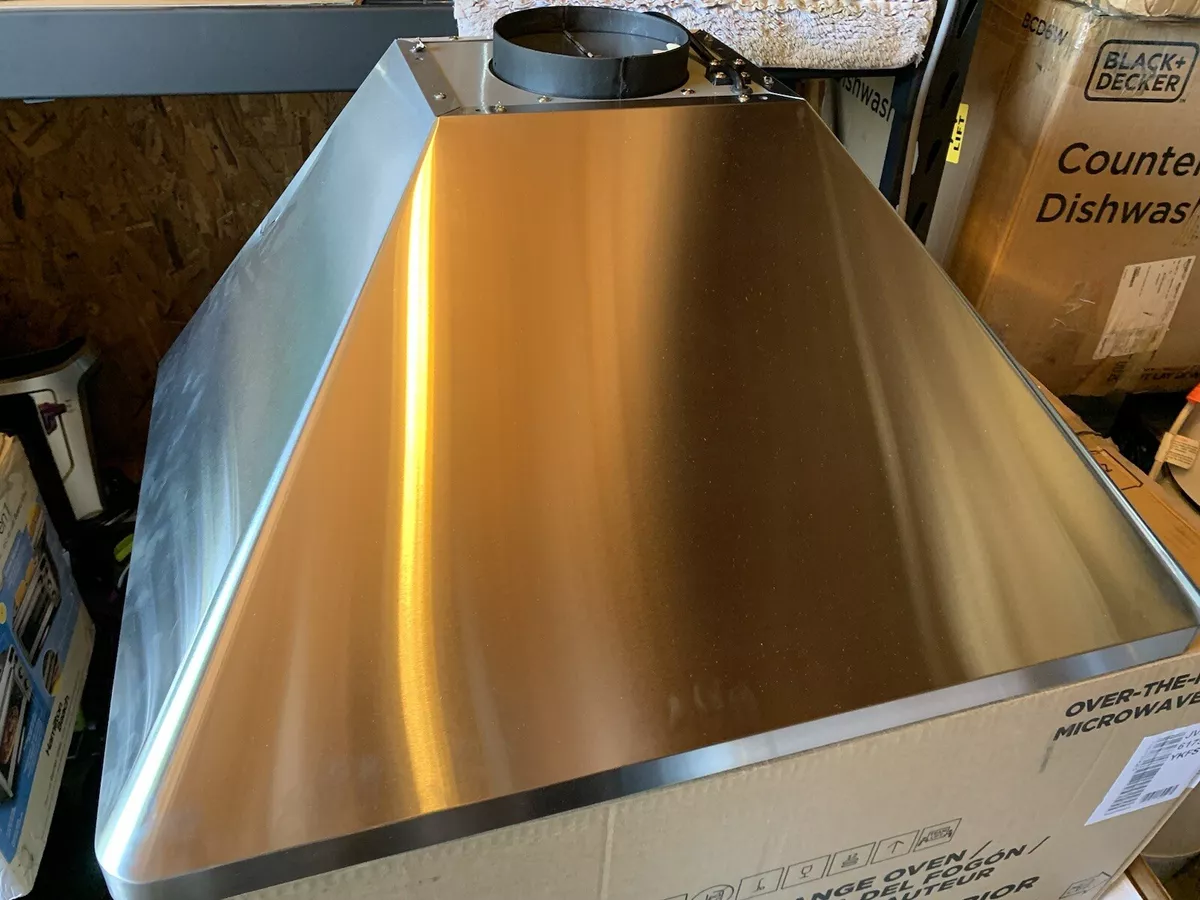
-
Energy Efficiency Considerations
a. Energy-saving features: Some range hoods are designed with energy-saving features, such as LED lighting and efficient motors. These features contribute to reduced energy consumption and lower utility bills over time.
b. Ventilation system optimization: Proper ventilation provided by a range hood helps maintain an efficient and balanced airflow in your kitchen. This prevents the accumulation of excess moisture, which can lead to issues like condensation, mold growth, and deterioration of kitchen fixtures.
-
Professional Installation and Maintenance
a. Proper installation: It is advisable to have a range hood professionally installed to ensure it functions optimally and meets safety standards. Professional installation also ensures proper airflow and ventilation, maximizing the effectiveness of the range hood.
b. Regular maintenance: Routine maintenance is necessary to keep your range hood in optimum condition. This includes cleaning the filters, inspecting and cleaning the ductwork, and ensuring all components are functioning correctly. Regular maintenance will prolong the lifespan and efficiency of the range hood.
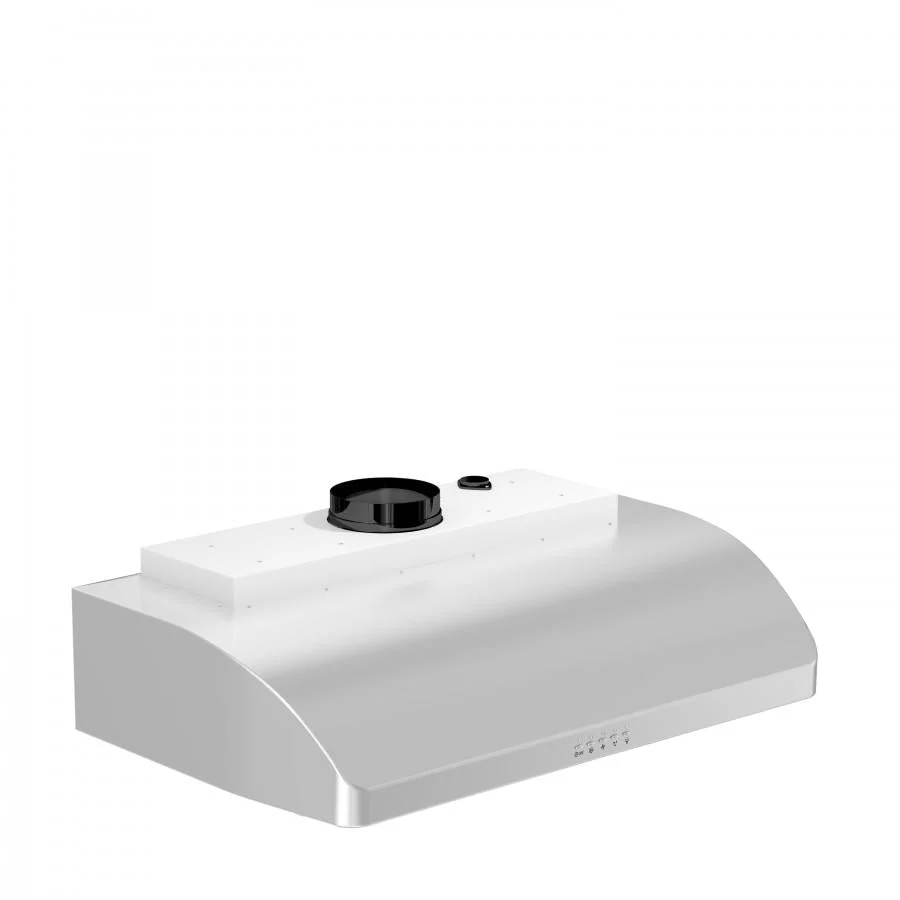
Conclusion:
The Necessity of a Range Hood in Your Kitchen
The incorporation of a range hood is essential for maintaining a clean, healthy, and efficient kitchen environment. It effectively removes pollutants, odors, excess heat, and greasy residue, ensuring optimal indoor air quality, kitchen functionality, and cleanliness. With customizable options to match your kitchen style and advancements in technology to reduce noise levels, a range hood is a valuable addition to any kitchen. Considering the numerous benefits offered, it is clear that a range hood is not just a luxury but a necessary investment. Enjoy the advantages of improved air quality, enhanced kitchen efficiency, and a pleasant cooking environment by installing a range hood in your kitchen space. In conclusion, a range hood is a necessary component for any kitchen, offering numerous benefits such as improved air quality, enhanced kitchen efficiency, reduced grease build-up, odor elimination, and compliance with building codes.

